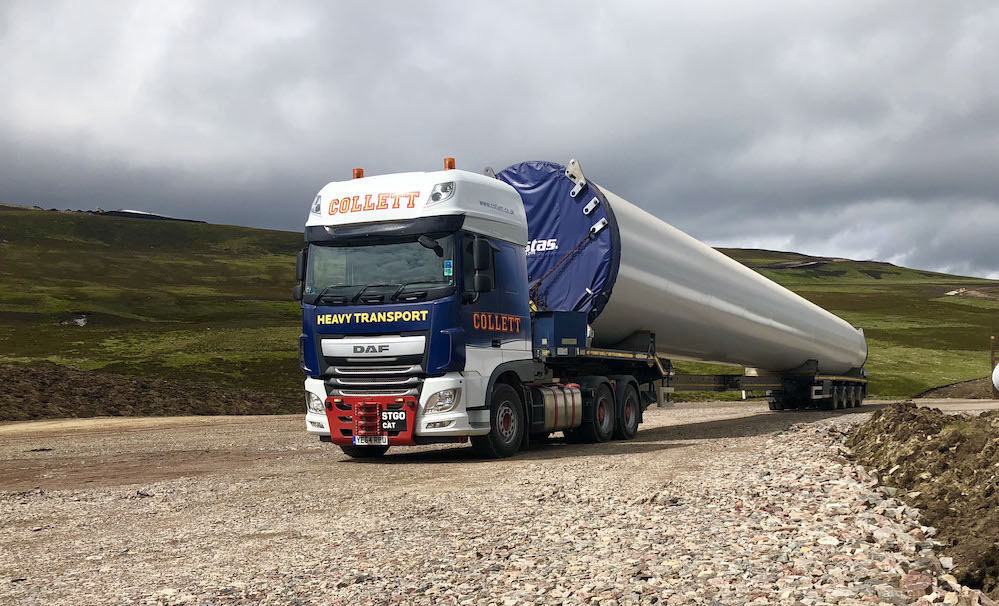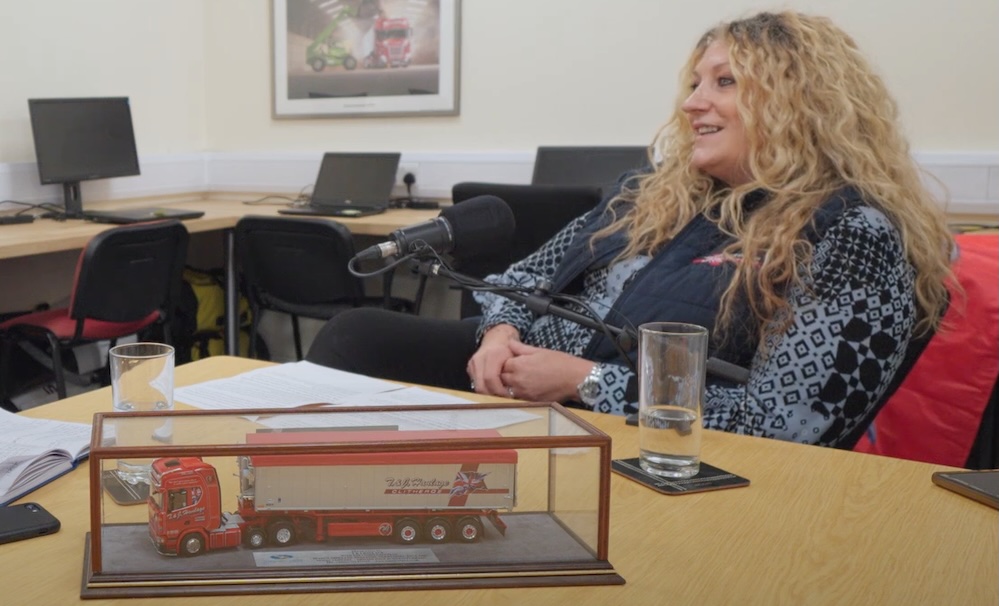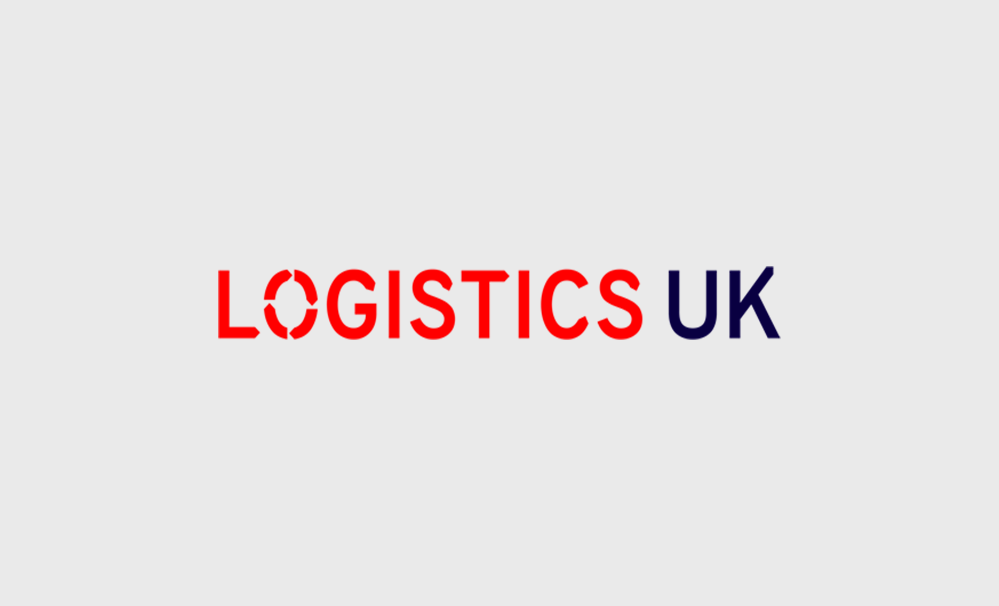After being awarded our largest renewables project to date, our Team began delivering Dorenell Wind Farm, near Dufftown, currently the largest Contract for Difference (CfD) project in the UK for onshore wind.
The task of transporting all the components and ancillary equipment for 59 Vestas V90 turbines would certainly prove a challenge, but with our extensive experience in the renewable energy industry this was a challenge our Team would happily accept. For the last six months our Teams have methodically delivered each of the components from their storage location at the Port of Inverness to Dorenell and all deliveries are now complete.
Originating from various locations across Europe, components arrived at the Port of Inverness from Santander, Italy, Campbelltown and Denmark. The Port of Inverness, having undergone considerable expansion offered the necessary facilities, including the addition of extensive laydown areas, increased storage capacity and a new entrance suitable for turbine components of up to 50m in length. Utilising these capabilities provided us with the ideal port of entry for the turbine components destined for Dorenell, although with the wind farm being over 80 miles away our Team were required to undertake extensive planning ahead of the arrival of the various components.
The 80 mile journey from Port to pad site would take us through Inverness, Nairn, Forres, and Elgin before arriving at the Dorenell site entrance, and each section required detailed surveying to ensure each of the loaded components could navigate safely and unimpeded. After our Team had identified the appropriate loading arrangements for each cargo, based on the weight, width, height and length of the components, every aspect of the route was meticulously analysed to determine suitability. This included test drives, specialist swept path analysis reports and topographical surveys. Utilising the data gathered and liaising closely with Moray & Aberdeenshire Councils, Scotland Transerv, Network Rail, Canal & River Trust and Bear Scotland allowed us to identify and implement any modifications or route restrictions as required. This included street furniture removals, road widening, tree surgery, contraflow manoeuvres, manual steering requirements and structural stability restrictions.
With all this extensive planning firmly in place, all relevant authorities in agreement, permits approved and police escorts in position, we began the task of delivering the 531 components.
Equipped with three clamp trailers, six blade trailers, two 6-axle step frames and our Code of Practice pilot cars we began transport operations for each of the 44m blades, 72 Tonne nacelles, hubs, nose cones and top, middle & bottom tower sections. Travelling throughout off peak hours in order to minimise disruption to other road users, each component made the 80 mile journey with our heavy transport Teams employing manual steering operations and contraflow manoeuvres as outlined in the test drive and planning procedures. Other structural requirements were also taken into account with regards to two bridges on approach to the site. As requested by Moray Council, when it came to these structures, only the loaded vehicle would be present when traversing whilst not exceeding 30mph to protect the stability of the structure.
Beginning in May 2018 and following the same procedure on each occasion, with the addition of a change of port to Aberdeen for the final components in order to avoid essential works on the A96, our Teams delivered the project. Spring forward six months and all components for the 59 turbines have been successfully delivered to Dorenell Wind Farm, gaining praise from EDF Renewables for a project excellently executed by the Collett Team.








